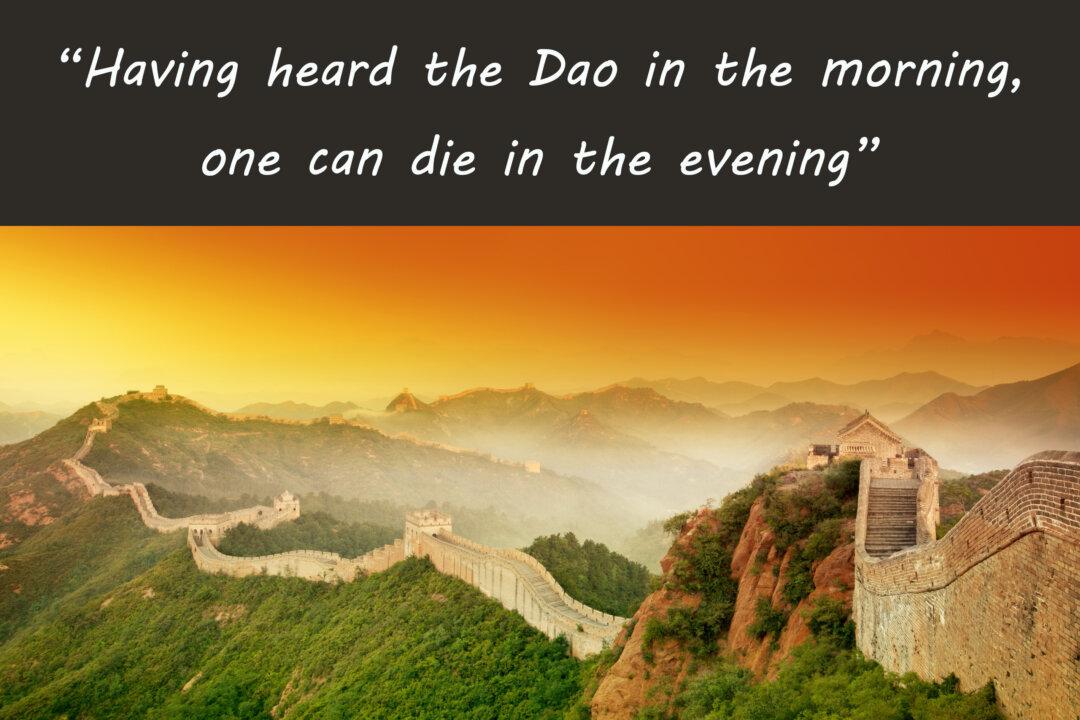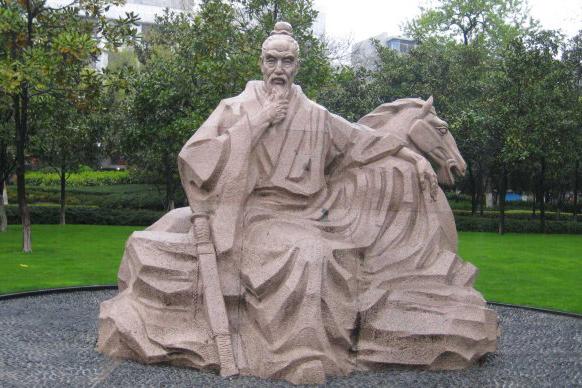Bao Xuan came from an impoverished family during the Western Han Dynasty, 2,000 years ago. His mentor appreciated his high morals and let his daughter Shaojun marry Bao, endowing them with a gorgeous dowry.
An Excellent Wife
Bao said to his bride: “You were born into a wealthy family and are used to luxurious ornaments. But I am poor, I could not accept such rich gifts.”His bride answered: “My father saw that you paid attention to cultivating good conduct and virtue, leading a simple, thrifty life, thus he let me marry you so that I could serve you. As I’m your wife now, I will obey you.”





